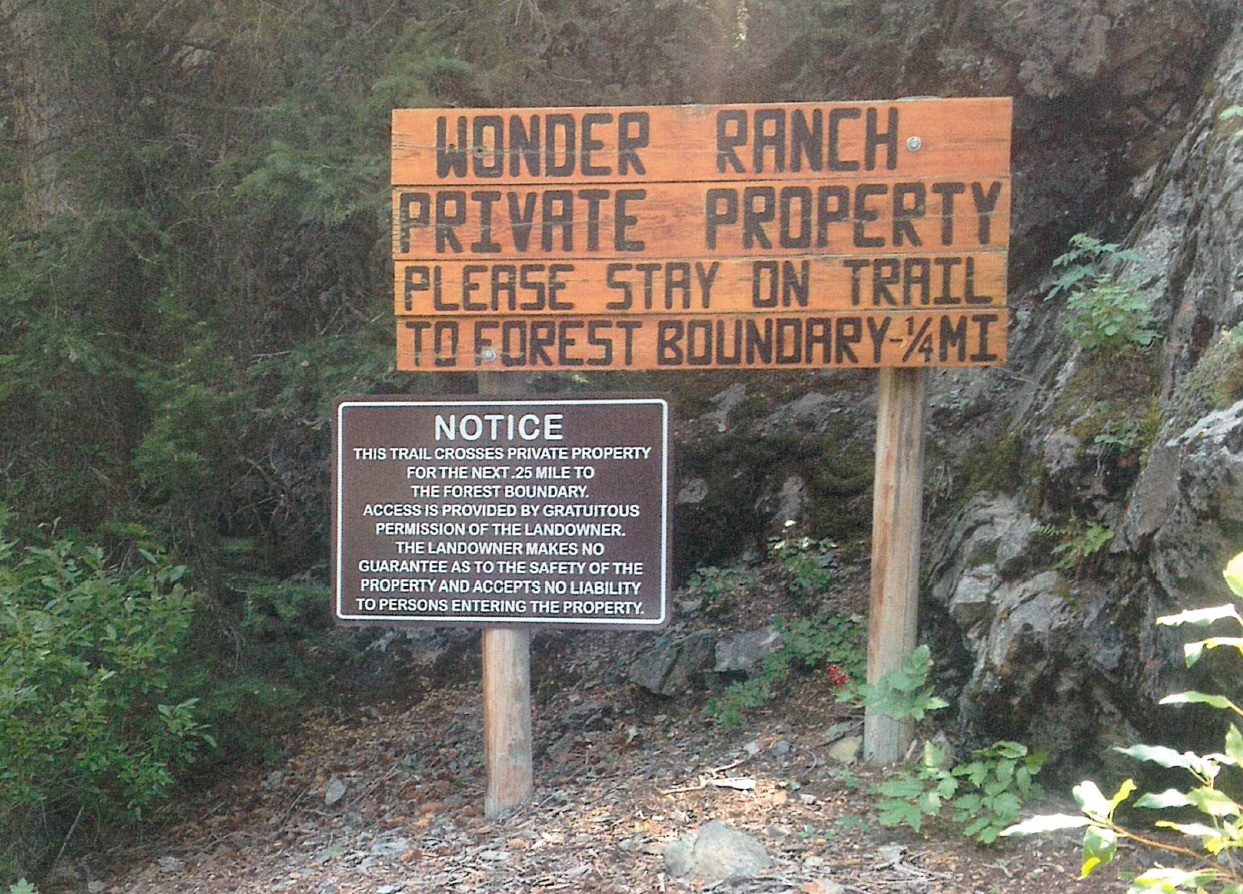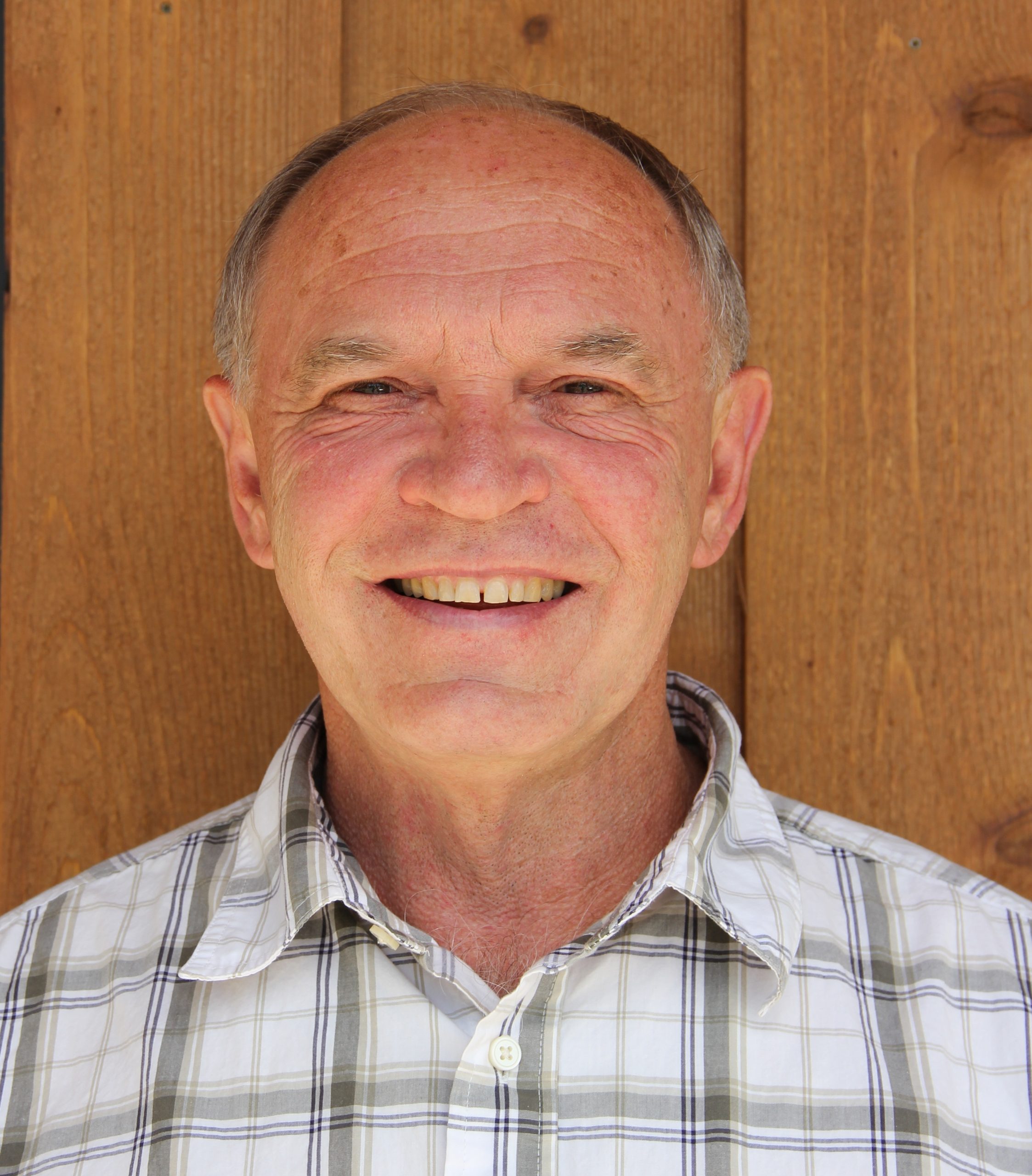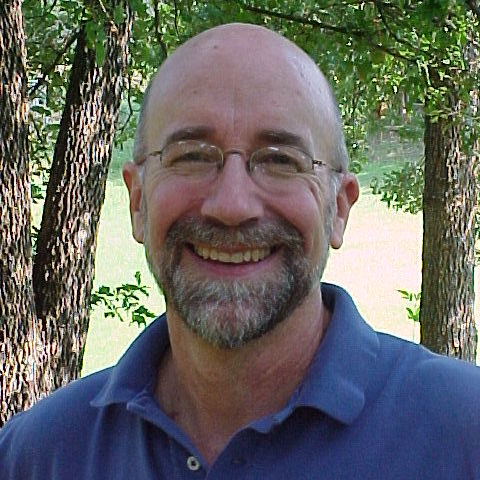The U.S. Supreme Court shocked property owners in 2005 when it allowed the City of New London, Connecticut, to take the property of Suzette Kelo for a private development project. At least Ms. Kelo received some compensation.
No compensation, however, was required in a new blow to private property. This June, in the case of Wonder Ranch, LLC v. U.S.A., the 9th Circuit Court of Appeals upheld the right of the U.S. Forest Service to take a public prescriptive easement across private land to access public land.
Prescriptive easements are nothing new. The common law has long granted a permanent right for a person to cross another’s property if he had occurred for many years without an explicit “neighborly accommodation.”
But the Wonder Ranch decision is the first time a court has allowed a government agency to claim such an easement. The decision creates a formal right of the public to walk or ride horses across ranch property. No permission needed, no payment required.
Wonder Ranch stands in sharp contrast to access based on “neighborly accommodation.” For decades, the owners of the 80-acre wonder Ranch accommodated hikers, hunters, and ranchers who wanted to cross their land to get to the neighboring National Forest. Indeed, a district ranger, in a letter the Hudsons cited in their court brief, noted that owners of the property had been “very cooperative in allowing us to cross your land to get to the National Forest.”
After the Hudson family purchased Wonder Ranch in 1968, they continued the neighborly tradition, with signs telling visitors they were crossing private property “with gratuitous permission.” The USFS also installed signage making it clear that “This is public access across private land” so “Please stay on the trail.”
The Hudsons continued the neighborly accommodation until the USFS demanded that the Hudsons remove their signs and filed a “statement of interest” in Wonder Ranch. The legal meaning of “statement of interest” is unclear, but because it clouded title to the property, the Hudsons filed suit against the government’s claim on their property.
The statement of interest and the lawsuit marks a dramatic change in the relationship between private landowners and government agencies trying to obtain or maintain access to federal lands. For decades, the relationship between the Hudsons and the USFS were like that of old-time neighbors.
The District Court and Court of Appeals decisions ignored traditional neighborly accommodation. They agreed to the Forest Service’s claim to a prescriptive easement based on the standard requirement that access was “adverse” to the property owner, rather than by gratuitous permission.
Though relations between the family and the USFS became more contentious as the agency demanded a formal access easement, the Hudsons still tried to find a win-win solution. They offered to grant a legal easement in return for rerouting the trail away from their front yard and even offered to pay for the rerouting and bridge construction. One Ranger wrote, “They have offered to partner with us to acquire an easement across their property, assist with acquisition of an easement across their neighbor [another ranch] and help fund NEPA [environmental review] and construction of a new trail location that avoids their lawn. This potential partnership is too good to pass up.”
But “pass up” the USFS did, choosing instead to take, by prescription, the easement through the Hudson’s front yard. This taking came despite the explicit prohibition from Congress in the Federal Land Policy and Management Act (1976) that agencies can only obtain easements by “purchase, exchange, donation, or eminent domain” (43 U.S. 1715(a)).
So why did the Forest Service not have to pay for the easement? Ho, ho, noted the Court of Appeals in a throwaway footnote, the easement predates the statute passed 42 years ago, so we can ignore it.
The Wonder Ranch decision will embolden the Forest Service and other land management agencies. As USFS district ranger Alex Sienkiewicz advised his colleagues, “NEVER ask permission to access the National Forest Service . . . EVEN if that route crosses private land.”
Since Robert Frost’s poem on the topic, there’s been a debate over whether good fences make good neighbors. This situation points to the virtues of fences. Fences tell who owns what. They have gates through which neighbors allow neighborly access. By forcing landowners to open their gates to anyone, neighborliness evaporates. Do we really want to replace discussions over a friendly cup of coffee with the courtroom gavel?
This article originally appeared in the Washington Examiner.





